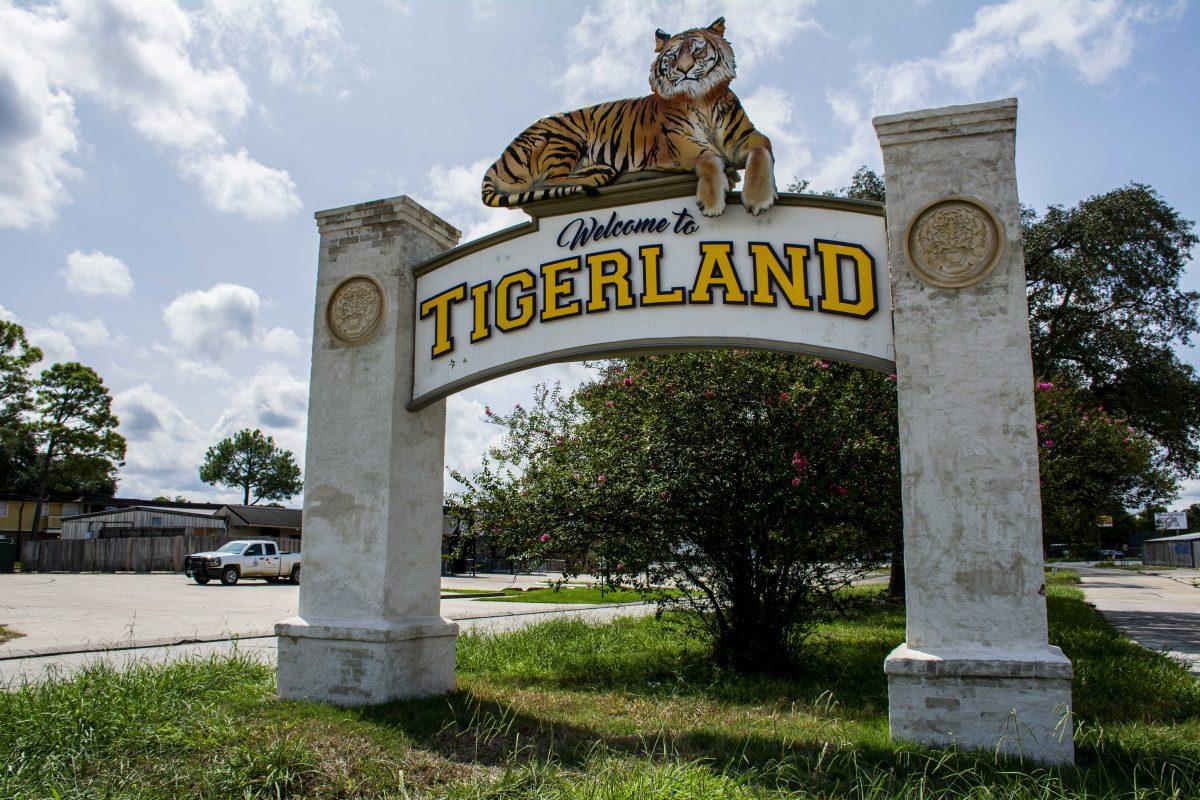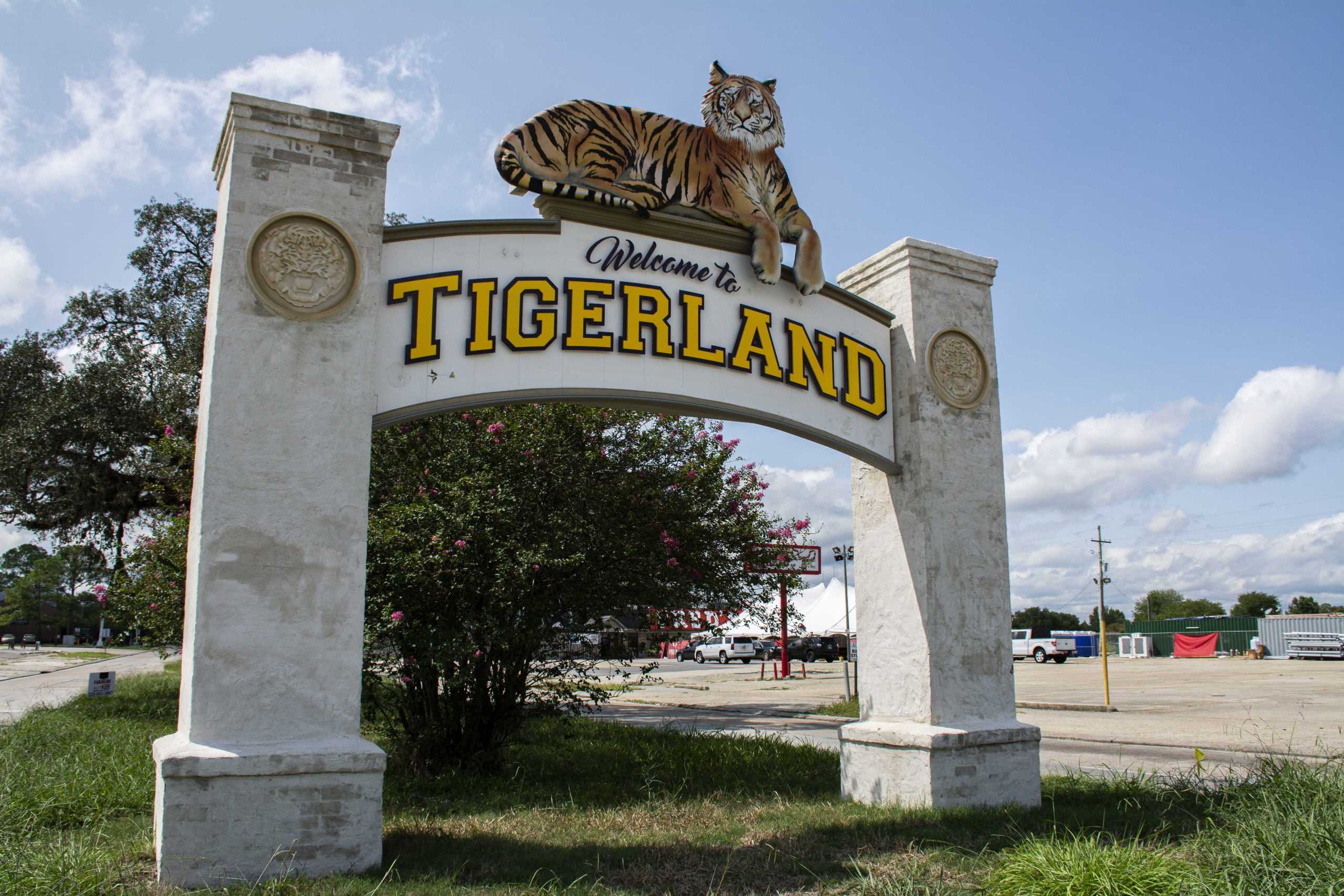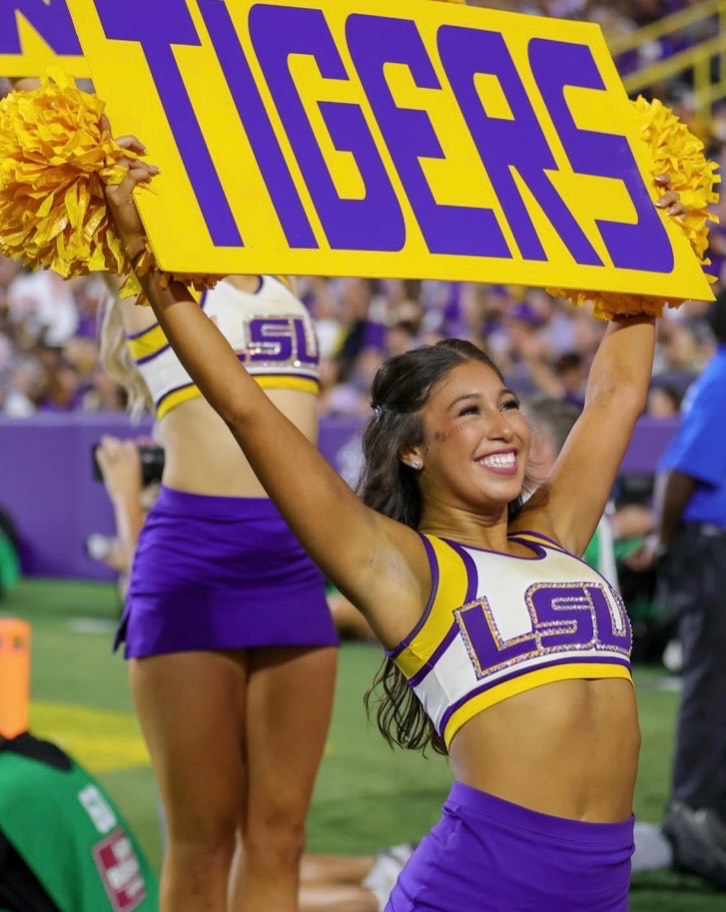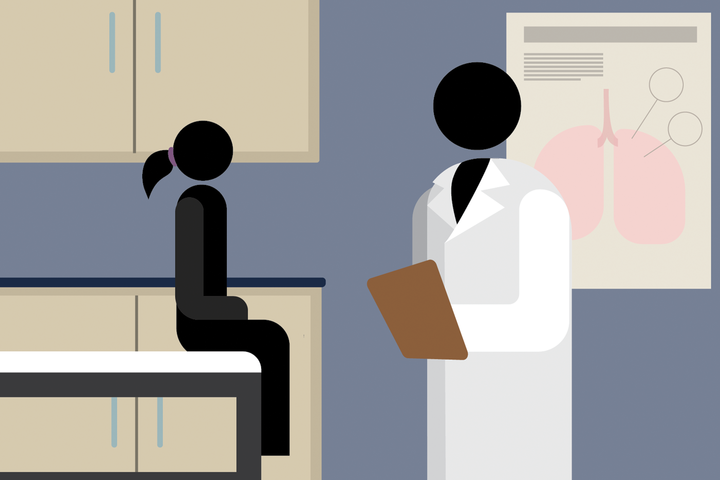The spread of COVID-19 within the LSU community does not appear to be affected by the reopening of Tigerland bars, according to recent data.
Baton Rouge bars reopened Sept. 30 after Mayor-President Sharon Weston Broome and the Louisiana Office of Alcohol and Tobacco Control gave approval.
The University reported an average of roughly 63 new cases of COVID-19 every Monday, Wednesday and Friday during the month of September, according to its COVID-19 dashboard.
Since the reopening of Tigerland bars, the average from Oct. 2-21 stood at roughly 17.
The bars implemented several major changes for its second reopening amid the pandemic including limited capacity and new social distancing guidelines.
The cluster of bars experienced controversy following an outbreak linked to Tigerland in mid-June after the city granted bars without food permits to reopen at 25% capacity earlier in the month.
Less than 2% of COVID-19 outbreaks in Louisiana as of Oct. 28 were associated with bars, according to the Louisiana Department of Public Health.
Fred’s in Tigerland owner Jason Nay said current protocols remain similar to those established in June.
Nay said he purchased ultraviolet lights for the bar’s air conditioning units to help mitigate the spread of the virus before the June reopening. He also required employees to wear face coverings at the time.
Things remain largely the same aside from the introduction of table service.
“We’re not doing anything different,” Nay said. “I think the bars got kind of a bad wrap on [the outbreak].”
Nay believes roughly 30 of the 100 cases linked to the outbreak were members of the LSU football team.
Sports Illustrated reported “at least one quarter” of the team tested positive for the virus on June 20, around the time of the outbreak.
“A portion of LSU’s football players are quarantined after frequenting a string of nightclubs near the school’s campus called Tigerland,” the article read.
Sports Illustrated did not specify the number of players present at Tigerland. LSU athletic department officials declined to comment due to medical privacy laws, according to the article.
Nay said none of the players entered the bars due to maximum capacity, though they were still included in the outbreak.
“No bar had the space for them so they stayed in the parking lot that night,” Nay said. “That was 30 of the 100 we got blamed for. It’s LSU football, and it’s a lot easier to blame Fred’s and Tigerland.”
Nay added that Tigerland is often the “last stop” of the night for visitors. Students typically go to dinner or house parties before visiting the bar.
“If they caught it from somewhere else, we shouldn’t be blamed for that,” Nay said.
Louisiana Gov. John Bel Edwards ordered all bars throughout the state to close one month following the outbreak.
The state has since given parishes the opportunity to reopen bars if positivity rates are at 5% or less.
One of the most notable changes in this reopening include the state-wide face mask mandate.
Tigerland bars are adjusting to other new city-wide requirements including bans on live music and an end to alcohol sales at 11 p.m.
Political science senior Brendan Heneghan said he didn’t understand all of the guidelines.
“I understand that they’re trying to prevent what happened in June, but some of these guidelines don’t make sense,” Heneghan said. “Does coronavirus become less contagious after 11 o’clock?”
East Baton Rouge Parish reported an average of roughly 54 daily new cases of the virus in the month of September.
The parish reported an average of about 46 new daily cases from Oct. 4-22, the first month following the reopening of bars.
History senior Gracie Johnson thinks the mask mandate is a likely explanation for the decrease.
“I think these numbers suggest we can go out and enjoy ourselves as long as we do so responsibly,” Johnson said.
COVID-19 infection rate within LSU community appears unaffected by Tigerland reopening
November 2, 2020
The Tigerland sign on Friday, Sept. 25, 2020 on Bob Pettit Boulevard.







